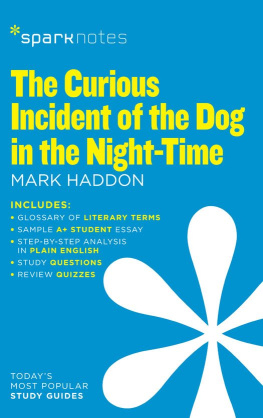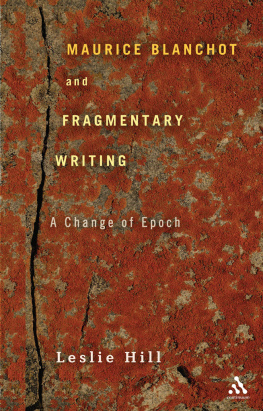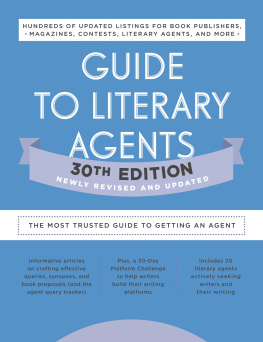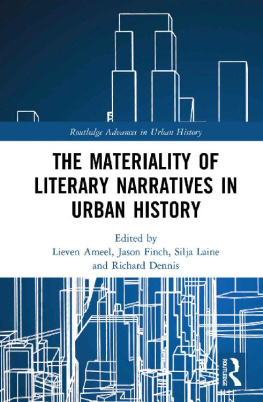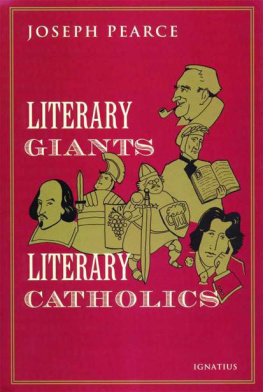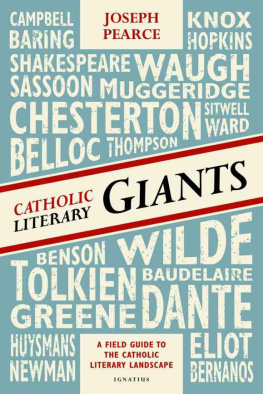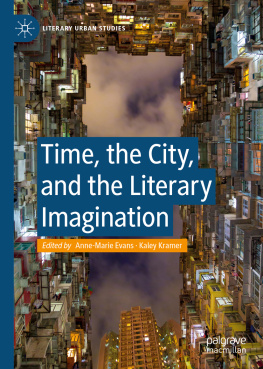Routledge is an imprint of the Taylor and Francis Group.
Literary History and Literary Modernity. From Blindness and Insight: Essays in the Rhetoric of Contemporary Criticism, by Paul de Man. Copyright 1971 by Paul de Man. Used by permission of Oxford University Press.
All rights reserved. No part of this book may be reprinted or reproduced or utilized in any form or by any electronic, mechanical or other means, now known or hereafter invented, including photocopying and recording or in any information storage or retrieval system, without permission in writing from the publisher.
Karen Newman
Jay Clayton
Marianne Hirsch
T ime and the literary. What, if anything, links these terms today? Information technology is said to have annihilated both. Time disappears in the supposed simultaneity of electronic communication, instant messaging, and information retrieval; the literary recedes behind multiple screens: film, television, computers, Palm organizers, and play stations. The essays in this volume argue the contrary, that the literary often structures our thinking about time now. The literary joins immediacy and the instantaneous with their opposite, duration and critique. It extends the present by marking time marking tense, period, millennium, and apocalypse. It prolongs the moment for critical reflection, producing time for a re-reading of the present. The now of the papers in this volume may be as remote as eleventh-century France or as the future envisioned by science fiction, but it is a time that has been decisively marked by the literary.
The systematic grammatical contrasts that express time in language are perhaps the most fundamental way the literary continues to structure thinking about time. Traditional grammarians in the West recognize three such contrastspast, present, and futureand those contrasts actively shape public discourse, thinking and writing abouttime. Tense, as such contrasts are often termed, derives via Old French from the Latin tempus, a translation of the Greek word for time, khrnos. Tense relates the time of an action, event, or condition in language to the time of utterance. Such literary marking of time works against the tendency of information technology to call into question the now of utterance by blurring the dichotomy between now and not-now, present and non-present.
Periods mark disciplinary time and continue to structure our thinking, as our job ads, MLA divisions and sessions, journal titles and self-descriptions demonstrate. Period has a venerable history in rhetoric and literary study. From the Greek meaning a going-round, circuit, course or cycle of years, we commonly refer to periods of literary history even as we argue over their usefulness and value. We make periods so as to recognize the new coming into being, to recognize modernity. Re-reading the Renaissance as the early modern period gestures toward this impulse even as it, in Samuel R. Delany's resonant phrase, historifies modernity. In early modern, the modern is located, known, punctual. Period, like tense, has a precise grammatical and rhetorical meaning: it is a complete sentence, the basic unit of rhetorical measurement. It may be packed with members and cola, it raises the question of style, and its effect is said to hurl our interest forward, to create mild suspense. And yet period also, paradoxically, means the opposite: a pause or full stop, an endingShakespeare even uses it as a verb when the messenger from the imprisoned Ventidius in Timon of Athens desires Timon's letter promising to pay his debt which failing periods his comfort. To end, to conclude, to dissolve. This kind of paradox is a mark of literary thinking, as no less than three of our contributors suggest. Stephen G. Nichols and L. O. Aranye Fradenburg each uses the turn of the millennium as the occasion for reexamining the paradoxes of historical periodization. Periods punctuated in the past; now, some believe period has been superseded by the dot.edu, .org, .com.
The literary was traditionally defined as the qualities of style, form, or genre that set a work apart as literature, separate it from everyday writing, on the one hand, and from rival forms of specialized discourse history, philosophy, scienceon the other. It distinguished an important branch of high culture, and its fate has mirrored that of literatureitself. From the Romantic enshrining of the literary, to formalist and New Critical attempts to isolate the literary as a unique property of certain texts, to the more recent dismissal of the literary as irrelevant to popular modes of cultural expression, the idea has been associated with efforts to discriminate, preserve, and canonize. For many people over the last few decades, it has appeared outmoded, part of an elitist consensus that stifled emerging cultural practices and inhibited the recovery of neglected older texts by women, minorities, colonial writers, and others.
Our contributors put in play an intriguing set of alternative conceptions of the literary. Instead of hypostatizing the literary as a particular quality, which discriminates one kind of writing from others, several contributors locate it as a moment or activity inherent in all cultural forms. This alternative way of conceiving the literary has always existed as an undercurrent within modernity, surfacing in the discourse of avant-garde movements that see literature not as a privileged formal category but as a mode of action in the present. For a certain radical strain within modernity, the only writing that counted was that which annihilated the past in order to fashion a pure present, a turning point from which the world could be made anew. Today, when the dream of a language that can act in the present has been overwhelmed by the flood of digital information, the avant-garde potential of the literary seems to lie elsewhere. For Alan Liu, it lies in the ability to resist information. Faced with the prospect of an information economy dominated by knowledge work, the literary becomes something like hacking, the capacity to destroy this eternal now or presence of information, the ability to stand to one side of knowledge in the age of knowledge work. (69) For Catherine Gallagher, there is a radical potential today in what she calls plots of undoing. Pointing to the prevalence of cultural forms that undo the past in order to model alternative possibilities for the future, she argues that this enlarged sense of temporal possibility correlates with a newly activist, even interventionist, relation to our collective past. (1112). Jay Clayton points to the critical potential of the literary to challenge the impulse of much genetic research today to collapse all times into the perpetual present of the genome, which can then be read out as a digital program encoding the past and future of both the individual and the species. Hacking,plots of undoing, and literary sequencing of the biotechnology industry act in the present by jamming the information channels and opening new ways for the present to know both the past and future.



